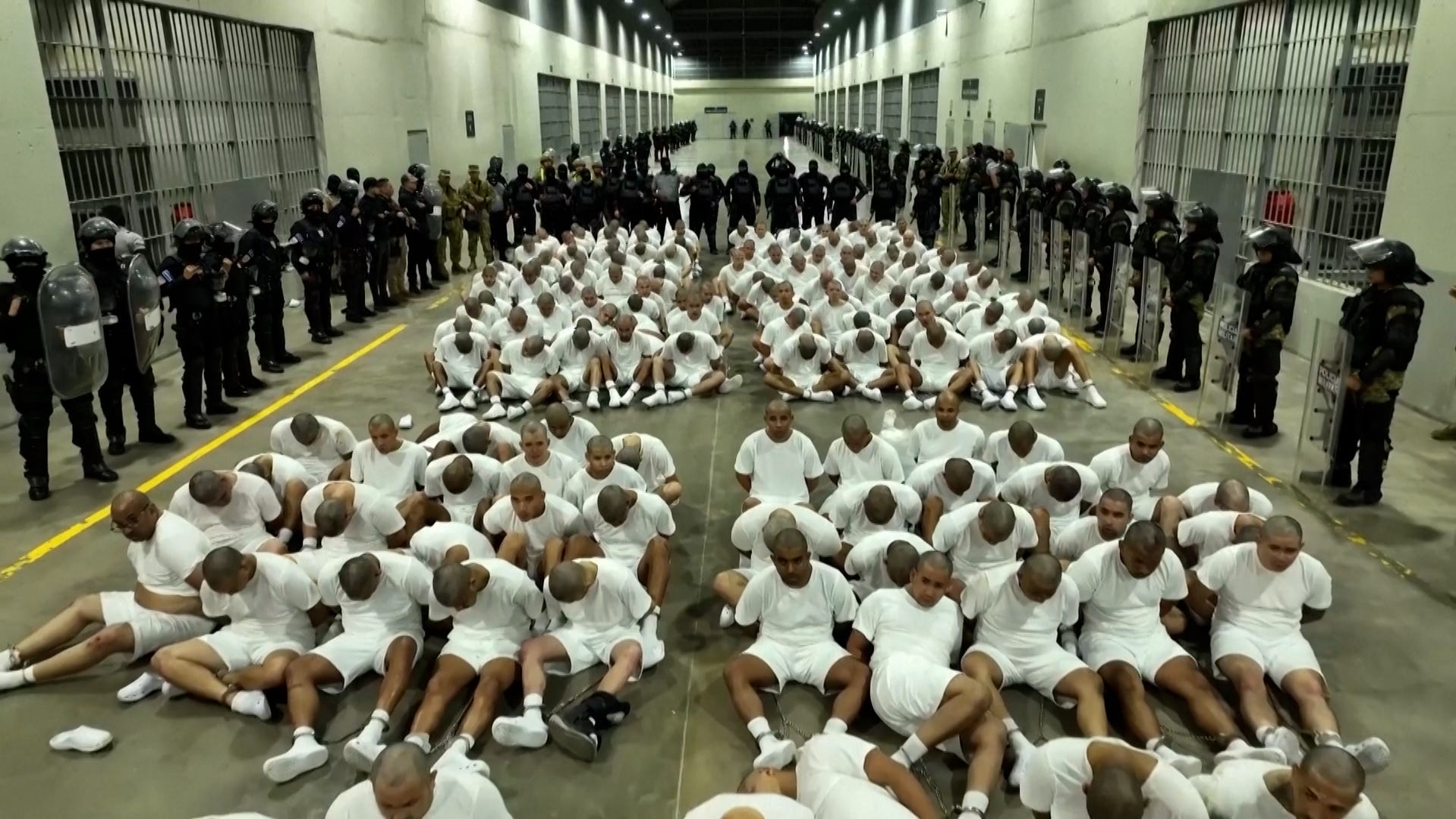Trump deports 17 alleged members of Tren de Aragua, MS-13 amid legal battle

WASHINGTON – Secretary of State Marco Rubio announced Monday the deportation of 17 alleged members of crime gangs Tren de Aragua and MS-13 on Sunday, although none of the removals were under the Alien Enemies Act.
President Donald Trump declared both groups foreign terrorist organizations. He invoked the Alien Enemies Act to hasten the deportations of members of Venezuela’s Tren de Aragua.
However, the seven alleged members of Tren de Aragua were removed under immigration orders unrelated to the Alien Enemies Act, according to a White House source familiar with the removals. The other 10 deportees are alleged MS-13 members.
The deportations of hundreds of Venezuelans, in many cases under the Alien Enemies Act, have been challenged in federal court by immigrants targeted for removal who deny they are members of Tren de Aragua. The Trump administration has cited tattoos as evidence they are members of the gang, but internal Department of Homeland Security and FBI documents obtained by Paste BN reveal federal authorities for years have questioned the effectiveness of using tattoos to identify members of Tren de Aragua.
Chief U.S. District Judge James Boasberg ordered a halt to deportations under that 1798 statute until the alleged gang members have a court hearing to deny their membership. Boasberg scheduled a Thursday hearing for government lawyers to explain how they haven't violated his orders.
The Trump administration appealed the Boasberg order, which the D.C. Circuit Court of Appeals upheld. The Supreme Court is weighing whether to hear the dispute.

Administration officials have said after previous deportations that some Venezuelans have been removed under other immigration statutes.
Rubio's statement described the removals to El Salvador the result of a counterterrorism operation and thanked that country’s President Nayib Bukele.
“These criminals will no longer terrorize our communities and citizens,” Rubio said in a post on social media.
The court fight over Alien Enemies Act deportations began March 15, when five alleged members of Tren de Aragua asked Boasberg to block their deportations. Boasberg expanded the case to cover all alleged members of the gang and halted the deportations while the case is litigated.
The administration sent two deportation flights to El Salvador after Boasberg's verbal order halting the flights, which officials said was unenforceable, and none after the judge's written order. Bukele announced on social media that 238 alleged members of Tren de Aragua and 23 members of MS-13 have arrived in El Salvador, but those figures have not been confirmed by U.S. officials.
The State Department declined to say on Monday whether the U.S. invoked the Alien Enemies Act to conduct the deportations.
"I can't really discuss that at this point," State Department spokeswoman Tammy Bruce told reporters at a briefing.

Invoking the order would most likely be a violation of a court order, a reporter noted.
"I'm not going to be speaking on any of that aspect," Bruce replied.
She directed further questions on the matter to the White House and the Department of Homeland Security.
Contributing: Will Carless and Rick Jervis
This story has been updated to add new information.